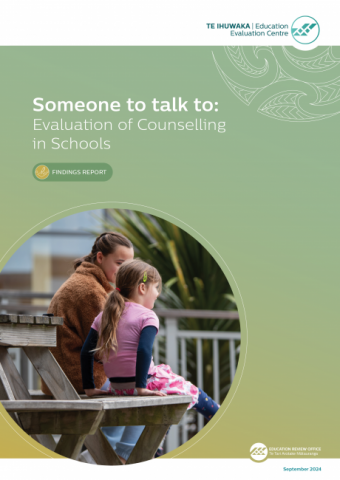Te Uepū ā-Motu – The evaluation and review team
Published: 06 Apr 2021
Te Uepu Ā Motu is the evaluation and review group responsible for working with education providers across the Māori-medium paradigm.
- Audience:
- Academics
- Early learning
- Education
- Māori-medium
- Parents
- Schools
- Content type:
- Basic page














